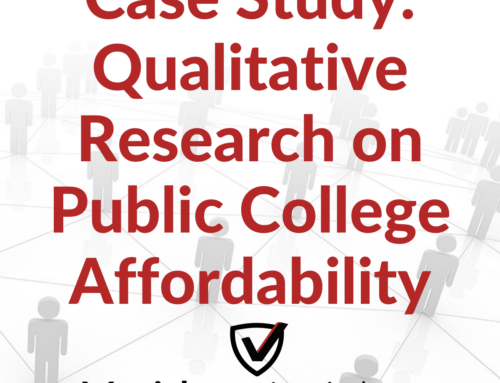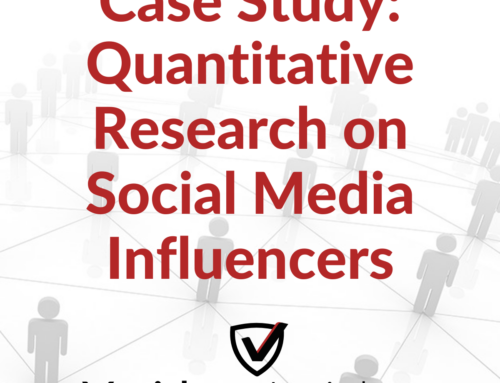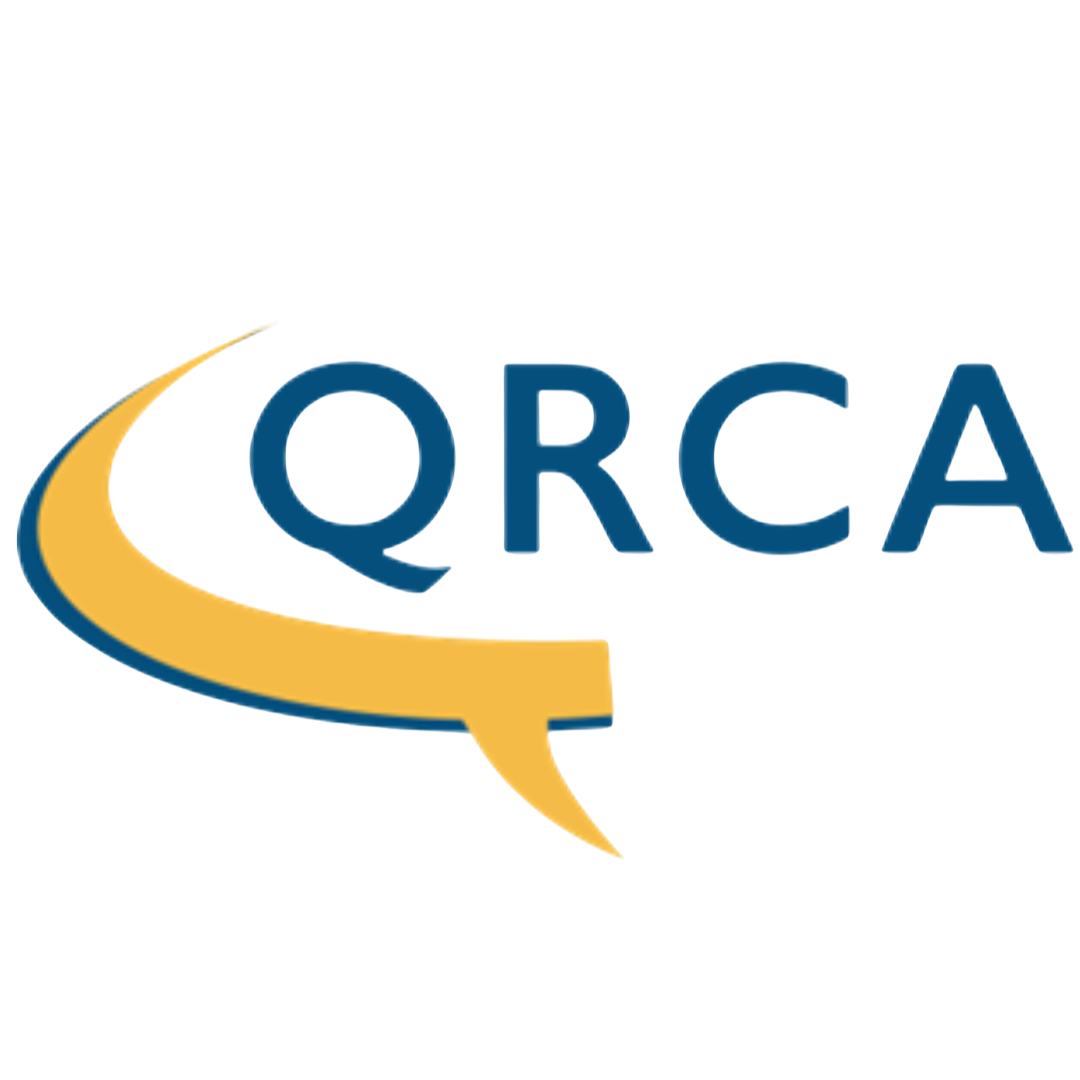Veridata Insights conducted a survey to explore our panel’s views on work-life balance. We also explored what’s important to our panel for work to be enjoyable.
The conversation around work-life balance has only continued to grow over recent years. This was encouraged by the pandemic, when it forced many companies and people to adjust their work habits to the changing times. It also perhaps facilitated the discussion around mental health and wellbeing, especially when it comes to the workplace.
The term ‘work-life balance’ will carry a different meaning to different people. This making it potentially difficult for employers to cater to their employees’ diverse range of needs. Our survey results confirmed that when it came to defining a work-life balance, there wasn’t a clear consensus amongst respondents.
26% stated the ability to divide their time with work and family while pursuing passions or hobbies was important to them for a work-life balance. 17% highlighted needing the ability to make an impact at work without sacrificing personal health or happiness. And 16% stated the need for a flexible work schedule.
With the ever-changing world landscape, it’s refreshing to note that 41% say they currently have a work-life balance that suits their lifestyle. 27% agreed strongly to the statement. Only 12% indicated that they did not currently have a work-life balance, and 16% felt indifferent.
Likewise, most respondents found their work to be enjoyable, with 38% agreeing and 33% strongly agreeing. Conversely, 8% disagreed that their work was enjoyable, with 3% strongly disagreeing, and 17% feeling indifferent. These results seem to correlate with participants’ responses to having a work-life balance, suggesting a link between work-life balance and enjoyability of work.
Most working professionals will spend a large portion of their time at work, so naturally our experiences at work can have an impact on our mental health. One in five people reported this to be the case, with 4% strongly agreeing that their mental health was negatively impacted by work, and 17% feeling indifferent.
The number of respondents saying their work has a negative impact on their mental health is surprising. This contradicts most respondents reporting having a good work-life balance and that they enjoy their work. This suggests that other work-related factors disadvantageous to mental health are at play. We could speculate that work-related stress may be an issue, as could having too large a workload, or conflict with colleagues.
The results also hint that our time spent at work can dictate the state of our mental health, despite being able to dedicate the rest of our time to other pursuits and interests.
Our results showed vast differences in what people feel are important for their work to be enjoyable. There was a fairly even distribution between respondents citing feeling valued and appreciated, having flexibility with their work schedule, having financial security with the potential for higher earnings, and making an impact that feels meaningful.
It is noteworthy that only 11% reported comradery between colleagues and executives as being necessary for work to be enjoyable. And only 9% said collaboration with team members. One might assume this to be the result of changing trends in how we work, with the popularity of remote or hybrid work options. However, only 10% stated having remote or hybrid work options as being important to them.
Few respondents identified autonomy in the decision-making process and having a defined career path for advancement as being necessary for work to be enjoyable. This suggests that people are less motivated by having authority and career progression. As opposed to more emotional incentives, like feeling valued.
With no clear consensus for what people feel is important for work to be enjoyable, it again implies potential difficulties for employers in attempting to accommodate to a varied range of employees’ needs.
When it comes to the tools used by respondents to help their mental health, over a quarter of respondents reported exercising, and one in five respondents use meditation. It’s worth noting that only 9% stated they go to counselling or therapy, which brings to question whether speaking to a therapist is still considered taboo. Or perhaps financial, time, or accessibility constraints come into effect.
Interestingly, only 7% use mindfulness apps. We can speculate this might be because for many people, technology is viewed as a contributing factor to poor mental health. It would be understandable if people wished to avoid additional use of technology for this reason.
For the respondents that use mindfulness apps, nearly a quarter of people use the app Calm, and 15% use Headspace. There was an even split between users of Breethe, Smiling Mind, Take a Break! and Thrive, at 9% each respectively.
Our BizKnowledge survey results imply that most working professionals do have a work-life balance. But the results still highlight concerns around the impact work can have on mental health. It can only be a good thing that more people are becoming aware of the importance of mental health. While issues around mental health have been brought to the forefront, perhaps more conversation is needed around what can be done to resolve these issues.
BizKnowledge is Veridata Insights’ validated business professional, consumer, and healthcare panel.
Connect with Veridata Insights today to discuss our services or request a personalized demonstration.















